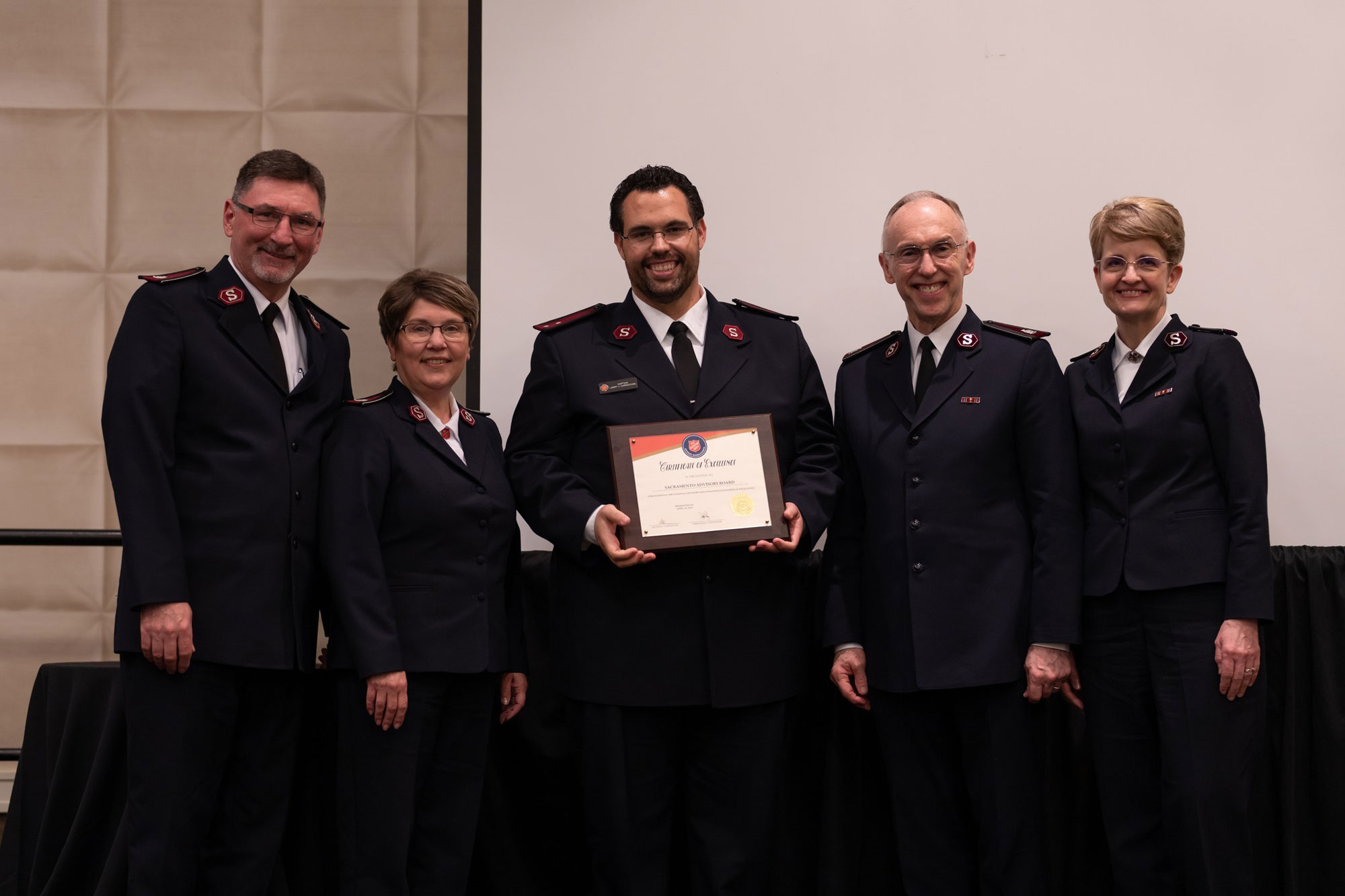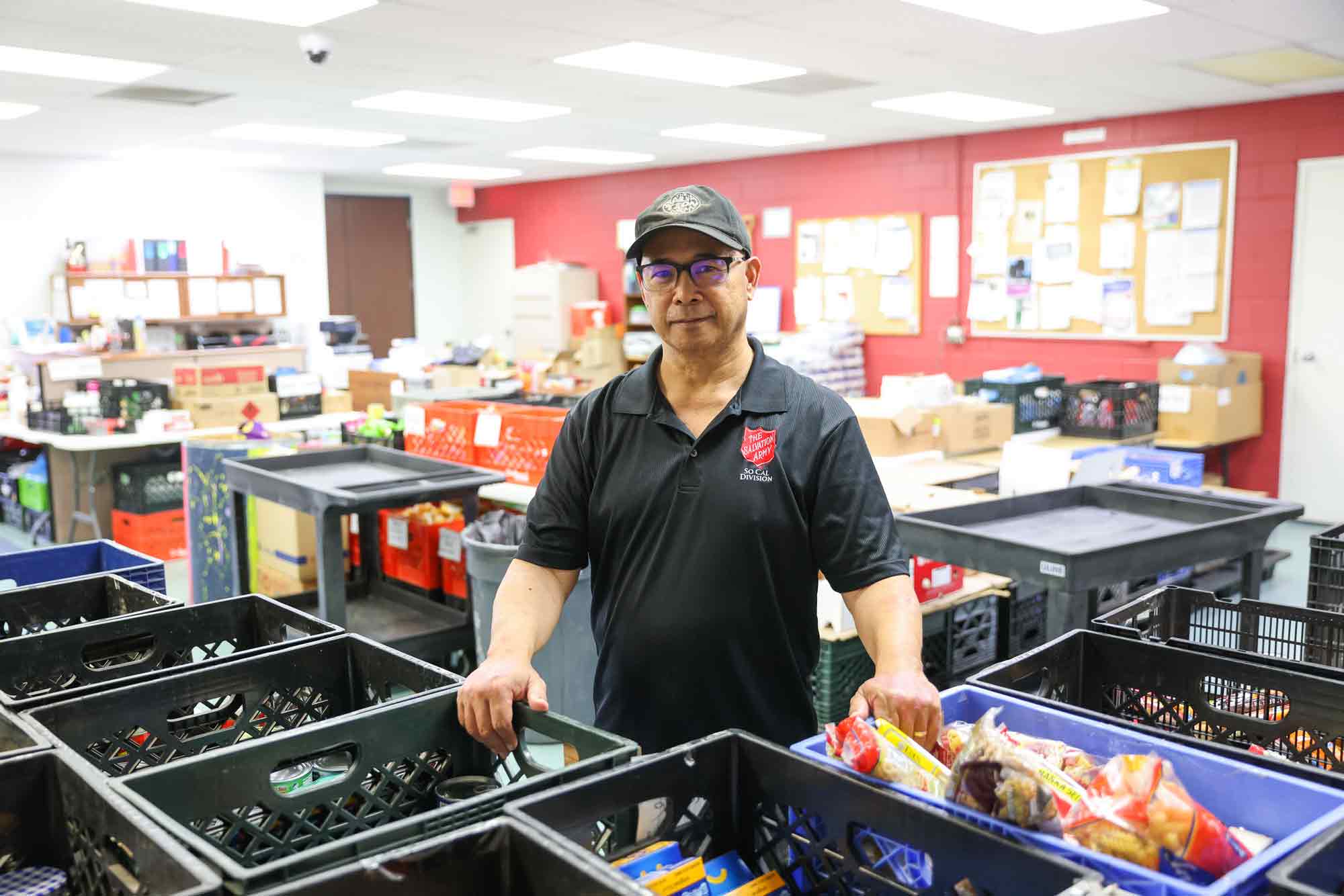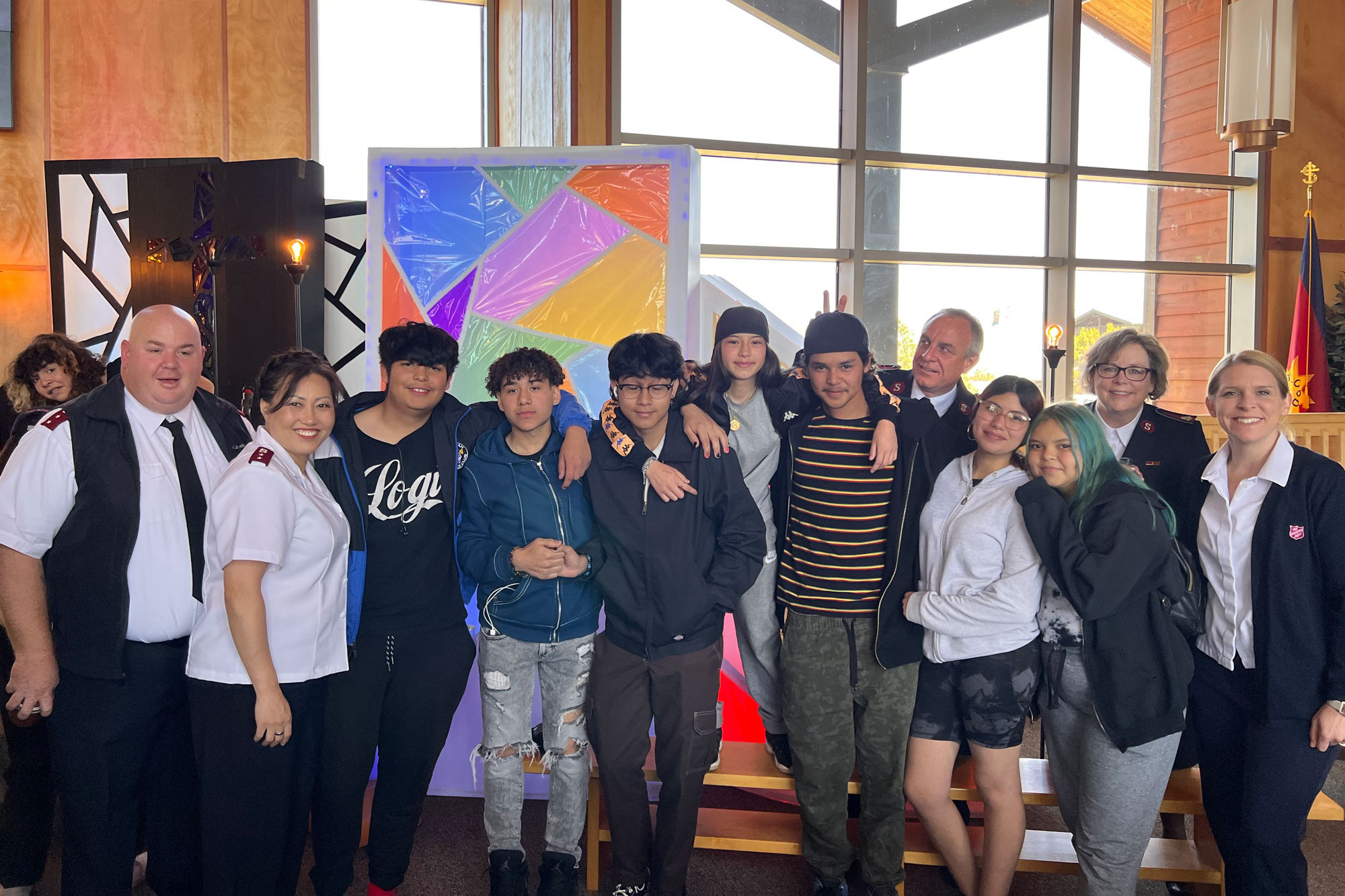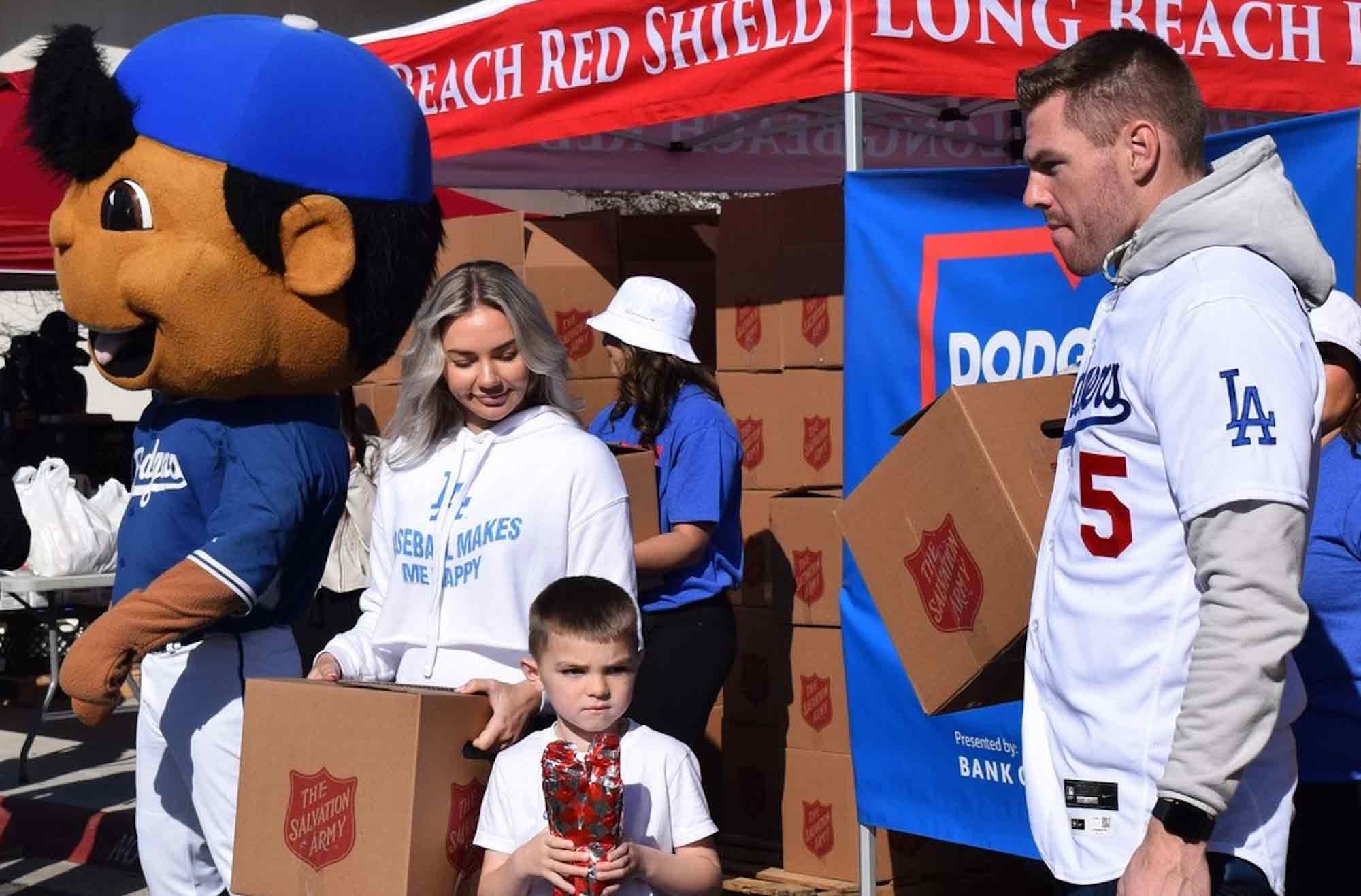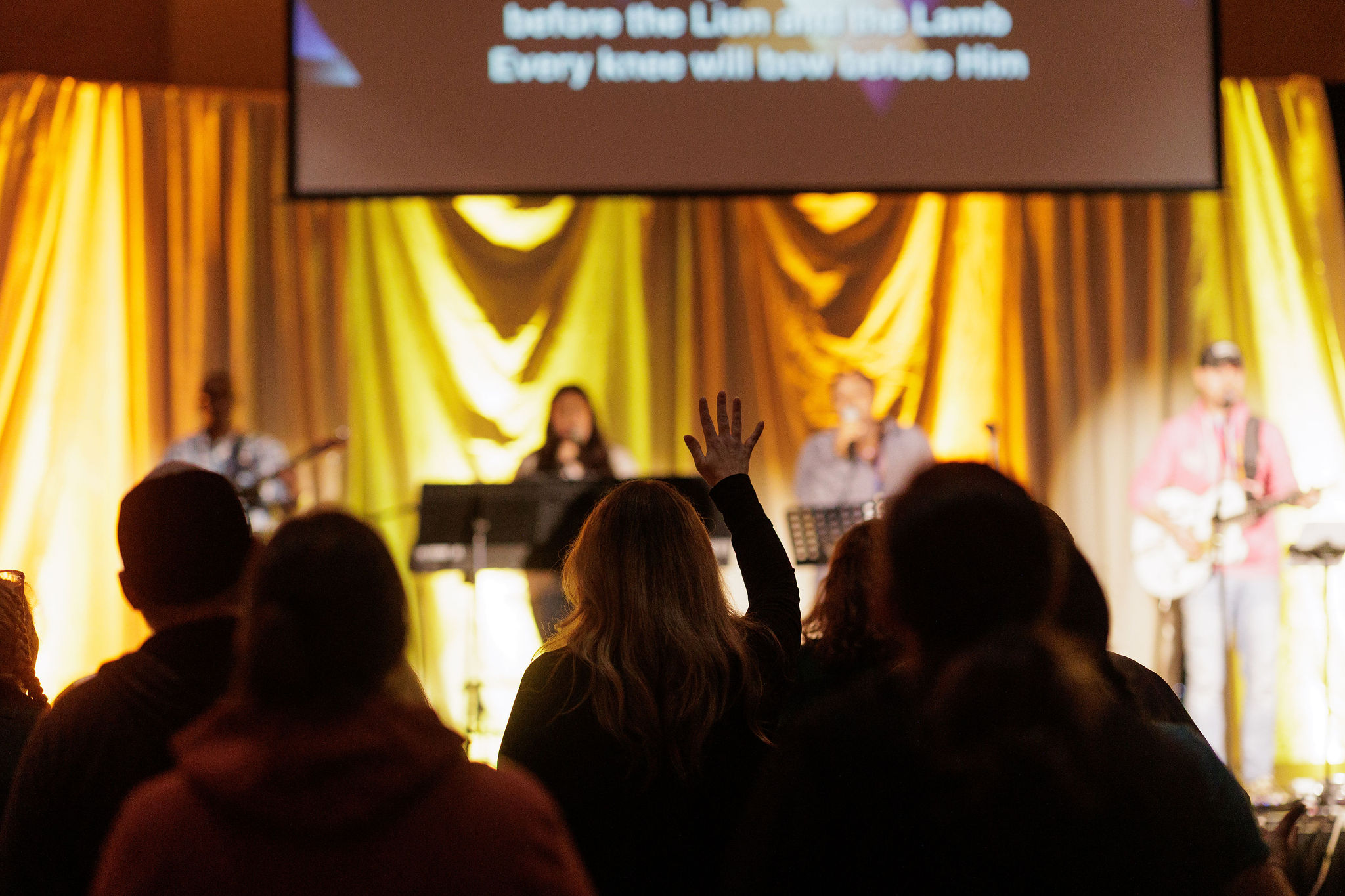The new standards are designed to help Salvation Army officers and advisory organizations work better together.
The Salvation Army National Headquarters recently announced the upcoming rollout of the Standards of Excellence program for advisory organizations, including boards and councils, auxiliaries and Echelon chapters. The program recognizes the importance of these groups and their volunteer members who help The Salvation Army “do the most good” in the communities it serves. It’s designed to honor those organizations that meet and exceed the national standards.
Dale Bannon, National Community Relations and Development Secretary, acknowledged the thousands of individuals who, through these organizations, come alongside The Salvation Army to help it advance its mission: to preach the gospel of Jesus Christ and to meet human needs without discrimination.
“This is all about strengthening our partnership with advisory organization members,” Bannon said during a webinar introducing the program. To develop the Standards of Excellence program, the National Advisory Board recruited LinkedIn’s Joey Zumaya—from the National Advisory Board and the Western Territorial Advisory Board—who, with his team, spent the last year preparing to launch the program.
“When the National Advisory Board decided that they wanted to put in place National Advisory Organization Standards of Excellence, it was one of the most groundbreaking and one of the most exciting initiatives I had heard about in years,” said National Commander Commissioner Kenneth G. Hodder. He noted that some Salvation Army units don’t have advisory organizations while others need to be revitalized as enormous challenges and great opportunities exist for The Salvation Army to fulfill its mission in different ways throughout the country.
“If we want to achieve great things for God, we have to give it our all,” said Hodder, referring to Colossians 3:23. “And that means we call upon those in the communities in which we work to come alongside us, to advise us, to counsel us and, having established goals, to help us to reach them.”
During the pilot rollout of the program, 60 percent of participating advisory organizations met the standards.
“There was a direct correlation between The Salvation Army commands that met the standards and the things The Salvation Army needs to be successful in these communities,” said Zumaya, noting the importance of the relationship between the Salvation Army officer in charge of a unit and the leader of its advisory organization.
Creating standards
Each type of advisory organization has its own standards—a list of specifications needed to attain silver, the first level of certification. It can then strive for the gold level, which has additional requirements.
For advisory boards and councils, silver level items include following the “Manual of Advisory Organizations,” diversity in recruitment nominations and meeting membership minimums—nine members for boards and six for councils. One of the gold level requirements is maintaining a leadership succession plan; another is completing a self-evaluation every three years to determine strengths and areas of improvement.
For Echelon, the the young adult auxiliary for those 22-35, the Standards of Excellence include a membership minimum of 12 for silver or 20 for gold, regularly posting on social media—monthly for silver and weekly for gold—and holding four events annually for silver and six for gold.
Women’s auxiliary silver level includes annual or biannual officer elections, meeting four times a year, and a monthly meeting of the president and/or executive council with The Salvation Army representative. For gold, requirements include an annual membership event and an established succession strategy.
Organizations must keep accurate, up-to-date records supporting their compliance with the given standards.
To provide information “in the spirit of doing fewer things better and simplifying the way that officers and advisory organizations leaders and members access resources,” Zumaya said The Salvation Army is launching an online advisory organizations hub Aug. 1, which will be available to officers and advisory organization leaders.
The hub will include three sections: an online learning platform with free courses ranging from Salvation Army 101 to how to operate an advisory board; resources for creating and growing a board; and the Standards of Excellence. Certification applications open Sept. 1.
Attaining gold
As a pilot participant, the Sacramento (California) Advisory Board was recognized as a gold level organization.
Captain Larry Carmichael worked with the board in his four years in Sacramento as Social Services Officer. He said the standards provide a discussion tool, especially since they originate from an external source—National Headquarters—the officer and the board can engage in a healthy dialogue as they consider what’s working and what could use improvement.
“And we all like a little competition,” he said about the silver and gold levels. “The standards help motivate board members. Once a board reaches the silver level, it won’t want to stop there; it will go for gold.”
Carmichael emphasized the importance of the board to the Army’s success in a community.
“Officers are transient,” he said. “We look to the board to help maintain continuity of operation and consistency in our communities.”
Notably, advisory organization members willingly volunteer their time to help The Salvation Army.
“One of my core beliefs is that when it comes to volunteers, they’re as much a part of our ministry as our staff and sometimes our congregation,” Carmichael said. “Our advisory organizations are filled with professionals who are looking for purpose in their life beyond taking care of their stakeholders in their normal career.”
Carmichael said communities will benefit from the new standards.
“The tools within the Standards of Excellence point to developing a much stronger Army in every community,” he said. “And they define it in very good ways: What is the officer’s job? What is divisional headquarter’s role? What is the advisory member’s role in building toward success?”
Zumaya similarly emphasized the program is designed to make everyone’s life easier.
“The Standards of Excellence, including the advisory organizations hub, is Salvation Army leadership responding to the request for more help, including simplifying the process and the frameworks we use,” he said. “Officers are asked to do enough as it is today. We could not afford for the standards to turn into just another thing for officers to do. This is something that we really feel is going to bring a simplification, and energy and enthusiasm to one of arguably the most important groups that you have—your advisory organization.”
Do Good:
- Did you know The Salvation Army served 31 million Americans last year fighting hunger, homelessness, substance abuse and more—all in a Fight for Good? Where can you help? Take our quiz to find your cause and learn how you can join in today.
- What does it mean to do good? Where can we discover joy? What is it really like to be homeless? How can I raise a kind kid? Subscribe to The Do Gooders Podcast to find these episodes and much more—all to help you be inspired to do good right where you are.
- Find out more about National Advisory Board member Joey Zumaya and how he found his place in The Salvation Army.











